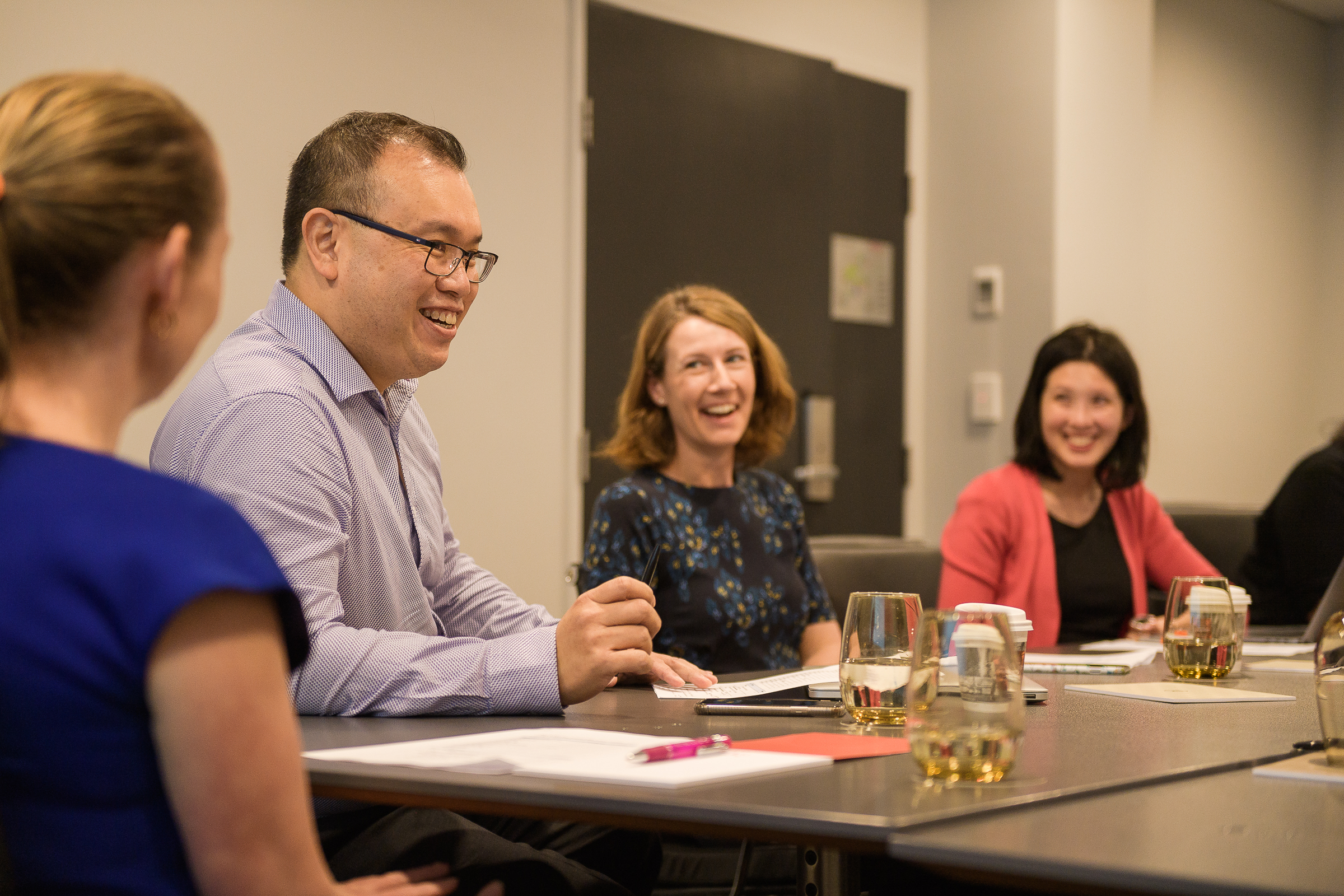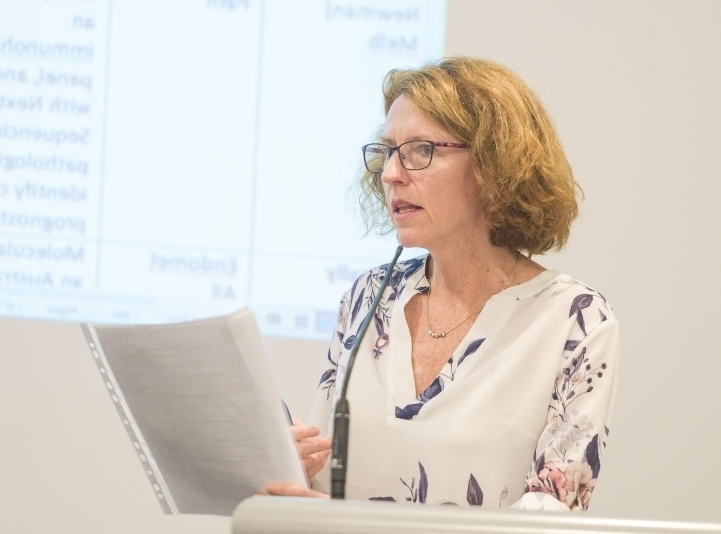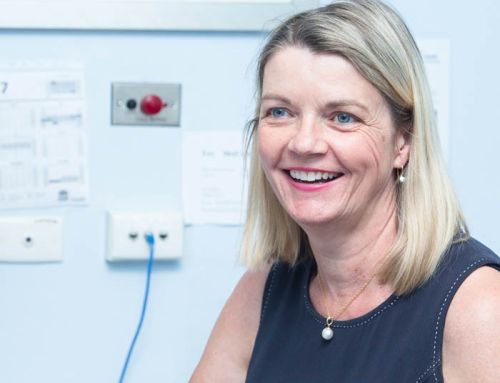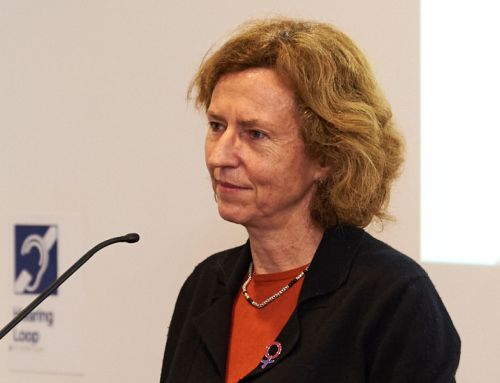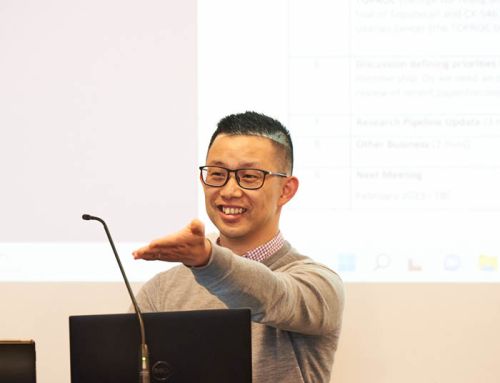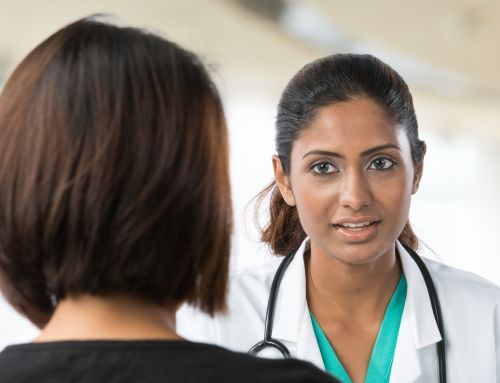As the peak national body for gynaecological cancer research, ANZGOG encourages its members to strive for innovation and develop new research concepts that aim to improve outcomes for women with gynaecological cancer.
ANZGOG enables its members, who represent all clinical, pure science, and allied health disciplines, to conduct academic investigator-initiated clinical trials in multi-centres both locally and globally.
What is involved in ANZGOG’s research development?
ANZGOG members are encouraged to submit new study concepts to ANZGOG. These concepts can range from surgical, medical, and radiation oncology, and translational research. In addition to research investigating the causes, prevention, and treatment of gynaecological cancers, quality of life and symptom benefit studies are encouraged to support the diverse portfolio of research that ANZGOG undertakes to improve patient outcomes.
The committees involved in research development at ANZGOG include the Tumour Working Groups (TWGs), the Research Advisory Committee (RAC), and the Consumer Research Panel (CRP). ANZGOG is grateful to the committee members for volunteering their time and for their continuing dedication to improving outcomes for women with gynaecological cancer.
What is the role of ANZGOG’s Tumour Working Groups (TWGs)?
Each ANZGOG Tumour Working Group (TWGs) – Ovarian, Uterine, and Cervical (Vaginal and Vulvar) comprise of a balanced representation of member specialisations including medical, gynaecological, and radiation oncologists, pathologists, scientists, and consumers. The TWGs meet twice a year at ANZGOG’s Annual Scientific and Development Day.
The TWGs play an important role in providing specialty input to develop and finesse research concepts further. The consumers in the TWG ensure that research concepts represent the needs and expectations of women with gynaecological cancers.
“Our overall aim is to assist in the development of research- preclinical and clinical to improve the outcomes for women with uterine cancer.”
Associate Professor Yoland Antill
Chair- Uterine Tumour Working Group, Medical Oncologist
“Tumour working groups are very important as they bring together researchers, clinicians, and consumers from a wide range of backgrounds and expertise to discuss new ideas and try and move potential concepts into a future clinical trial.”
Associate Professor Tarek Meniawy
Chair- Ovarian Tumour Working Group, Medical Oncologist
What is the Research Advisory Committee (RAC)? What happens after a concept is approved by the RAC?
The ANZGOG Research Advisory Committee (RAC) usually meets four times annually to review new research concepts. The RAC will decide, based on the scientific quality and importance of the concept, whether the new concept is supported by ANZGOG.
Approval from the RAC is required before ANZGOG proceeds to seek funding opportunities for the trial, and for start-up activities to commence.
“The Research Advisory Committee is the peak scientific committee responsible for driving the scientific research direction of ANZGOG…
…We are essentially the gatekeepers of the research that we do at ANZGOG”
Dr Alison Davis
Chair- Research Advisory Committee, Medical Oncologist
Want to know about ANZGOG’s research?
For research enquiries contact Manager – Research Programs and Pipeline, John Andrews john.andrews@anzgog.org.au.
To learn more about how to develop your research, or to find out more about ANZGOG’s clinical trials, click here.

